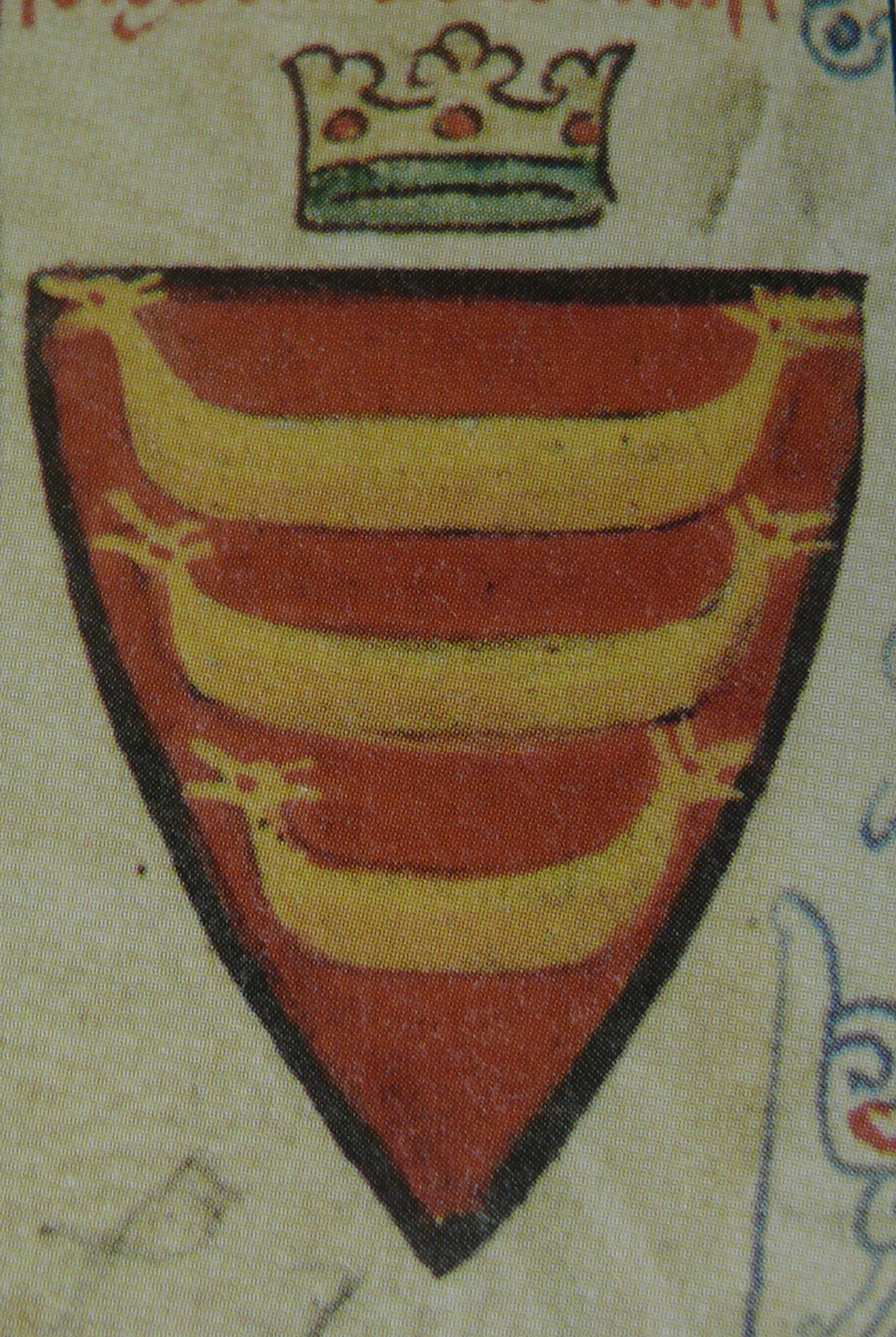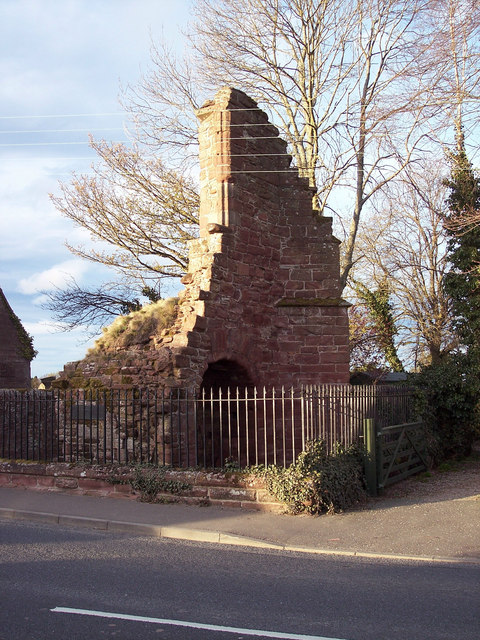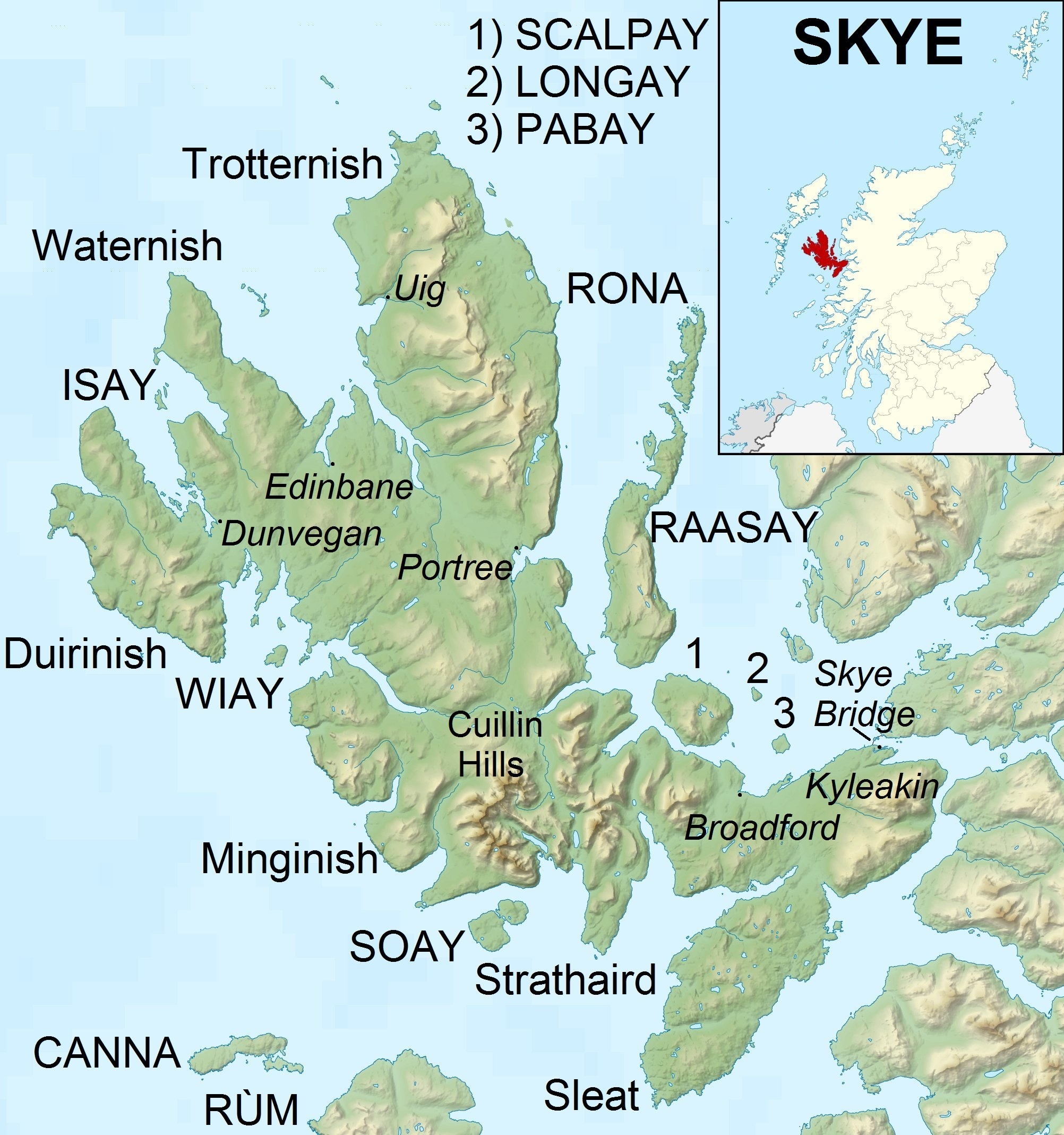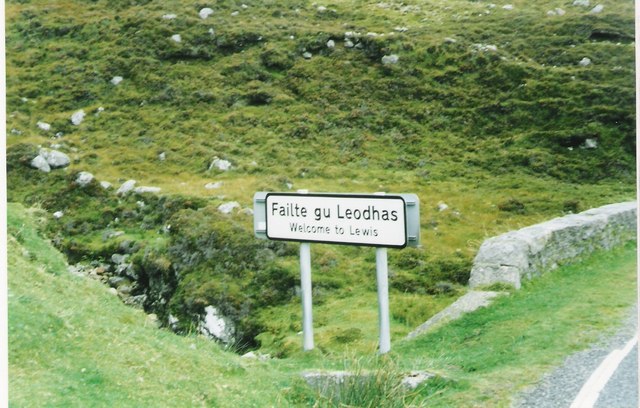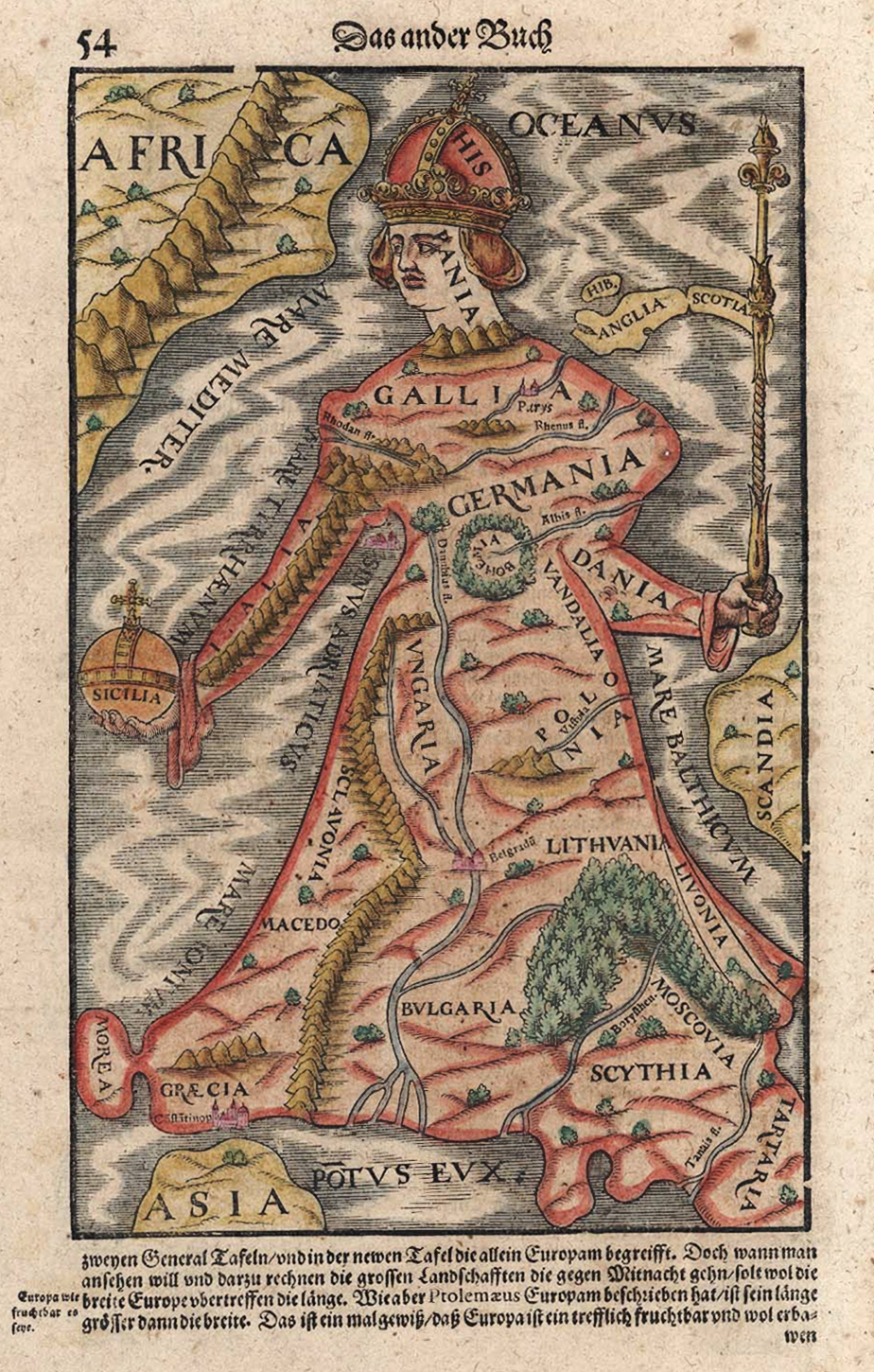|
Ailéan Mac Ruaidhrí
Ailéan mac Ruaidhrí (died ×1296) was a leading figure in the thirteenth-century kingdoms of the Isles and the Scotland. He was a son of Ruaidhrí mac Raghnaill, and thus a member of the Clann Ruaidhrí branch of Clann Somhairle. Ailéan was a brother of Dubhghall mac Ruaidhrí, King of Argyll and the Isles, a significant figure who held power in the mid thirteenth century. At the time, the rulers of the Isles were fiercely independent of the Scottish Crown, and owed nominal allegiance to the distant Norwegian Crown. In 1259, Dubhghall's daughter married the son of King of Connacht, and Ailéan is recorded to have commanded the woman's tocher of one hundred and sixty gallowglass warriors. When the Scottish Crown encroached into Isles in the 1260s, Dubhghall and Ailéan were noted supporters of the Norwegian cause. Both men played a prominent role in the Norwegian campaign against the Scots in 1263. Following the collapse of the operation and further pressure, the Norw ... [...More Info...] [...Related Items...] OR: [Wikipedia] [Google] [Baidu] |
Dubhghall Mac Ruaidhrí
Dubhghall mac Ruaidhrí (died 1268) was a leading figure in the thirteenth-century Kingdom of the Isles, on the West Coast of Scotland. He was a son of Ruaidhrí mac Raghnaill, and thus a member of Clann Ruaidhrí. Dubhgall was the last Norse–Gaels, Gaelic King of Mann and the Isles, King of Mann. Dubhghall was also active in Lordship of Ireland, Ireland, and is recorded to have conducted military operations against the English in Kingdom of Connacht, Connacht. In 1259, the year after his victory over the English Sheriff of Connacht, Dubhghall's daughter was married to Aedh mac Felim Ó Conchobair, Aodh na nGall Ó Conchobhair, son of the reigning King of Connacht. This woman's dowry, tocher consisted of a host of gallowglass warriors commanded by Dubhghall's brother, Ailéan mac Ruaidhrí, Ailéan. This record appears to be the earliest notice of such soldiers in surviving sources. The epithet borne by Dubhghall's son-in-law—'—can be taken to mean "of the Hebrideans", and a ... [...More Info...] [...Related Items...] OR: [Wikipedia] [Google] [Baidu] |
Thomas Fitz Roland, Earl Of Atholl
Thomas of Galloway, known in Gaelic sources as Tomás Mac Uchtraigh (died 1231), was a Gall-Gaidhil prince and adventurer. The son of Lochlann, king of Galloway, Thomas was an active agent of his brother Alan of Galloway as well as the English and Scottish kings. When King John, the English monarch, decided that central and western Ulster were to be added to his dominions (with the earldom of Ulster already created by John de Courcy), he conscripted Thomas and Alan of Galloway to his aid, offering them much of later counties Antrim, Londonderry and Tyrone as incentive. Thomas had begun his recorded career as a mercenary in Angevin service, and obtained much land in Ireland while gaining several victories with his fleet. In Scotland he obtained from William the Lion marriage to Isabella of Atholl, heiress to the province of Atholl in central Scotland. Although little is otherwise known about his life in Scotland, he was involved in the affairs of Coupar Angus Abbey, while ... [...More Info...] [...Related Items...] OR: [Wikipedia] [Google] [Baidu] |
Crovan Dynasty
The Crovan dynasty, from the late 11th century to the mid 13th century, was the ruling family of an insular kingdom known variously in secondary sources as the Kingdom of Mann, the Kingdom of the Isles, and the Kingdom of Mann and the Isles. The eponymous founder of the dynasty was Godred Crovan, who appeared from obscurity in the late 11th century, before his takeover of the Isle of Man and Dublin. The dynasty was of Gaelic-Scandinavian origin, descending from a branch of the Uí Ímair, a dominant kindred in the Irish Sea region which first appears on record in the late 9th century. Leading members of the Crovan dynasty formed marriage-alliances with the Irish and Norwegian kings, as well as Hebridean, Gallovidian, and Anglo-Norman lords, and possibly Welsh princes as well. Surrounded by sometimes threatening English, Norwegian and Scottish monarchs, and various warlords from the western seaboard of Scotland, the leading members of the dynasty at times tactfully recognised ... [...More Info...] [...Related Items...] OR: [Wikipedia] [Google] [Baidu] |
Skye
The Isle of Skye, or simply Skye, is the largest and northernmost of the major islands in the Inner Hebrides of Scotland. The island's peninsulas radiate from a mountainous hub dominated by the Cuillin, the rocky slopes of which provide some of the most dramatic mountain scenery in the country. Slesser (1981) p. 19. Although has been suggested to describe a winged shape, no definitive agreement exists as to the name's origin."Gaelic Culture" . VisitScotland. Retrieved 5 January 2013. The island has been occupied since the period, and over its history has been occupied at various times by Celtic tribes includ ... [...More Info...] [...Related Items...] OR: [Wikipedia] [Google] [Baidu] |
Lewis And Harris
Lewis and Harris (), or Lewis with Harris, is a Scottish island in the Outer Hebrides, around from the Scottish mainland. With an area of (approximately 1% the size of Great Britain) it is the largest island in Scotland and the list of islands in the British Isles, third largest in the British Isles, after Great Britain and Ireland (island), Ireland. Despite its name, Lewis and Harris is a single island divided by mountains. The northern two-thirds is called Isle of Lewis, Lewis and the southern third Harris, Scotland, Harris; each is referred to as if it were a separate island and there are many cultural and linguistic differences between the two. Name The island does not have a one-word name in either English language, English or Scottish Gaelic, and is referred to as "Lewis and Harris", "Harris and Lewis", "Lewis with Harris", "Harris with Lewis" etc. Rarely used is the collective name of "the Long Island" (), although that epithet is sometimes applied to the entire ... [...More Info...] [...Related Items...] OR: [Wikipedia] [Google] [Baidu] |
Isle Of Man
The Isle of Man ( , also ), or Mann ( ), is a self-governing British Crown Dependency in the Irish Sea, between Great Britain and Ireland. As head of state, Charles III holds the title Lord of Mann and is represented by a Lieutenant Governor. The government of the United Kingdom is responsible for the Isle of Man's military defence and represents it abroad, but the Isle of Man still has a separate international identity. Humans have lived on the island since before 6500 BC. Gaelic cultural influence began in the 5th century AD, when Irish missionaries following the teaching of St Patrick began settling the island, and the Manx language, a branch of the Goidelic languages, emerged. In 627, King Edwin of Northumbria conquered the Isle of Man along with most of Mercia. In the 9th century, Norsemen established the thalassocratic Kingdom of the Isles, which included the Hebrides and the Northern Isles, along with the Isle of Man as the southernmost island. Magnus Bar ... [...More Info...] [...Related Items...] OR: [Wikipedia] [Google] [Baidu] |
Hebrides
The Hebrides ( ; , ; ) are the largest archipelago in the United Kingdom, off the west coast of the Scotland, Scottish mainland. The islands fall into two main groups, based on their proximity to the mainland: the Inner Hebrides, Inner and Outer Hebrides. These islands have a long history of occupation (dating back to the Mesolithic period), and the culture of the inhabitants has been successively influenced by the cultures of Celtic language, Celtic-speaking, Old Norse language, Norse-speaking, and English language, English-speaking peoples. This diversity is reflected in the various names given to the islands, which are derived from the different languages that have been spoken there at various points in their history. The Hebrides are where much of Scottish Gaelic literature and Gaelic music has historically originated. Today, the economy of the islands is dependent on crofting, fishing, tourism, the oil industry, and renewable energy. The Hebrides have less biodiversity t ... [...More Info...] [...Related Items...] OR: [Wikipedia] [Google] [Baidu] |
Kingdom Of Norway
Norway, officially the Kingdom of Norway, is a Nordic country located on the Scandinavian Peninsula in Northern Europe. The remote Arctic island of Jan Mayen and the archipelago of Svalbard also form part of the Kingdom of Norway. Bouvet Island, located in the Subantarctic, is a dependency, and not a part of the Kingdom; Norway also claims the Antarctic territories of Peter I Island and Queen Maud Land. Norway has a population of 5.6 million. Its capital and largest city is Oslo. The country has a total area of . The country shares a long eastern border with Sweden, and is bordered by Finland and Russia to the northeast. Norway has an extensive coastline facing the Skagerrak strait, the North Atlantic Ocean, and the Barents Sea. The unified kingdom of Norway was established in 872 as a merger of petty kingdoms and has existed continuously for years. From 1537 to 1814, Norway was part of Denmark–Norway, and, from 1814 to 1905, it was in a personal union with Sweden. No ... [...More Info...] [...Related Items...] OR: [Wikipedia] [Google] [Baidu] |
Kingdom Of Tír Chonaill
Kingdom commonly refers to: * A monarchic state or realm ruled by a king or queen. ** A monarchic chiefdom, represented or governed by a king or queen. * Kingdom (biology), a category in biological taxonomy Kingdom may also refer to: Arts and media Television * ''Kingdom'' (British TV series), a 2007 British television drama starring Stephen Fry * ''Kingdom'' (American TV series), a 2014 US television drama starring Frank Grillo * ''Kingdom'' (South Korean TV series), a 2019 South Korean television series *'' Kingdom: Legendary War'', a 2021 South Korean television series * Kingdom (Friday Night Lights), an episode of the TV series Friday Night Lights * "Kingdom" (''Runaways''), an episode of ''Runaways'' Music * Kingdom (group), a South Korean boy band * ''Kingdom'' (Koda Kumi album), 2008 * ''Kingdom'' (Bilal Hassani album), 2019 * ''Kingdom'' (Covenant Worship album), 2014 * ''Kingdoms'' (Life in Your Way album), 2011 * ''Kingdoms'' (Broadway album), 2009 * ''Kingdom ... [...More Info...] [...Related Items...] OR: [Wikipedia] [Google] [Baidu] |
Continental Europe
Continental Europe or mainland Europe is the contiguous mainland of Europe, excluding its surrounding islands. It can also be referred to ambiguously as the European continent, – which can conversely mean the whole of Europe – and, by some, simply as the Continent. When Eurasia is regarded as a single continent, Europe is treated both as a continent and Continent#Subcontinents, subcontinent. Usage The continental territory of the historical Carolingian Empire was one of the many old cultural concepts used for mainland Europe. This was consciously invoked in the 1950s as one of the basis for the prospective European integration (see also multi-speed Europe) The most common definition of mainland Europe excludes these Island#Continental islands, continental islands: the list of islands of Greece, Greek islands, Cyprus, Malta, Sicily, Sardinia, Corsica, the Balearic Islands, Great Britain and Ireland and surrounding islands, Novaya Zemlya and the Nordic archipelago, as well ... [...More Info...] [...Related Items...] OR: [Wikipedia] [Google] [Baidu] |
